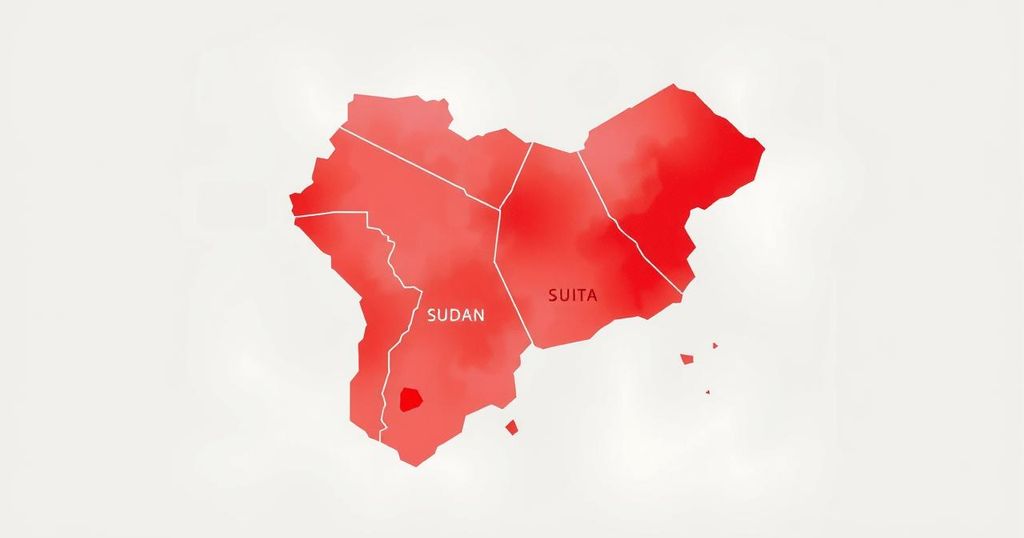Tensions in South Sudan are rising as Vice President Riek Machar’s supporters confront President Salva Kiir’s government. Recent arrests of key allies and military attacks on civilians reflect a volatile political landscape, exacerbated by stalled peace negotiations following the 2018 agreement. The situation threatens to spiral into civil conflict, despite recent oil production resuming.
South Sudan is facing an escalating crisis that may lead to civil war, particularly surrounding Vice President Riek Machar’s residence in Juba. This turmoil followed the recent arrest of significant figures, including Petroleum Minister Puot Kang Chol, who, like Machar, is a member of the Nuer ethnic group. Both individuals belong to the second-largest demographic in South Sudan, which has a historical rivalry with the majority Dinka, represented by President Salva Kiir.
The tensions surged after Machar’s supporters, known as the White Army, seized control of Nasir, a strategic town in the Upper Nile State. This development came just as the 2018 peace agreement aimed at unifying militias into a national army faced setbacks, particularly after Kiir’s government dismissed Machar’s allies without proper consultation—contravening the peace pact.
The government’s actions provoked a violent backlash, leading to attacks on civilians and military personnel in Nasir. This retaliation further strained the fragile situation as national troops loyal to Kiir launched airstrikes against Machar’s forces. Alarmingly, this escalation occurs only months after South Sudan resumed oil production, which had been anticipated to boost the country’s economy amid chronic poverty and instability.
In summary, South Sudan is at a precarious juncture, with potential civil war looming as tensions heighten between ethnic groups and political factions. The failure to adhere to previously established peace agreements, alongside violent clashes and arbitrary arrests, signals a deepening crisis that could destabilize the region further, even as the prospect of economic recovery through oil production emerges.
Original Source: www.gzeromedia.com




